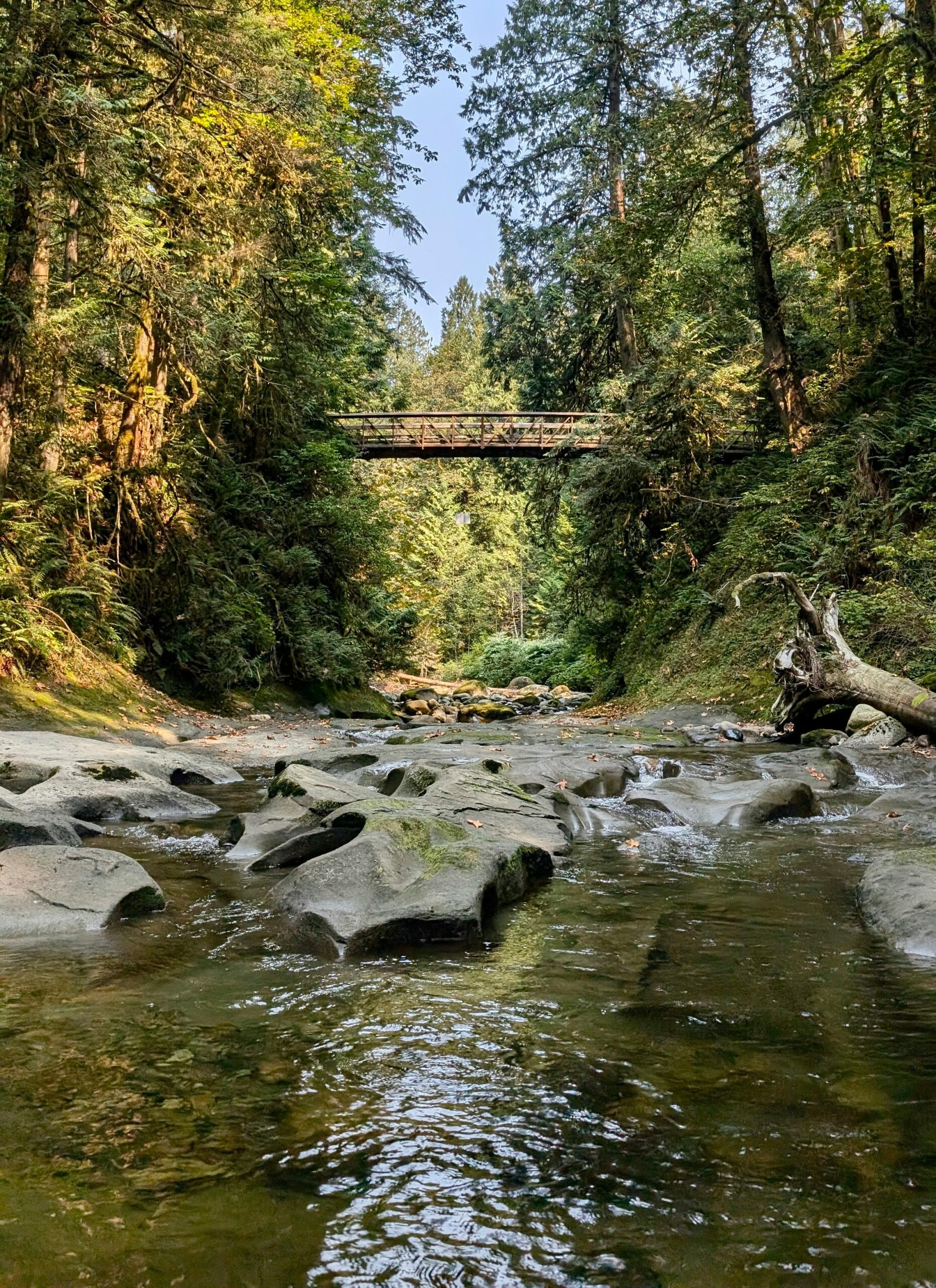The effects of climate change are becoming increasingly extreme each year worldwide, including in British Columbia.
Extreme heat, forest fires, droughts, and floods are all becoming more common, so newcomers like you should learn how to prepare and remain safe during extreme weather or climate emergencies.
This is why we’ve partnered with Vancouver Coastal Health to produce these free resources, which can teach you and other newcomers how to stay safe outdoors in British Columbia.
What do these resources include?

These resource address several topics, including how to prepare for extreme weather (such as heat waves or forest fires), how to access local resources in cases of natural or environmental emergencies, how to recycle and compost, how to use your outdoor space to grow healthy food, how to explore BC’s great outdoors safely and sustainably, and how to stay safe and avoid the negative health impacts of climate change.
You can learn more about each of these topics and our resources below!
1. Enjoy BC’s outdoors responsibly
Respecting nature means protecting it for future generations to come.
Whether hiking, camping, or exploring, our guide to responsible outdoor recreation shares key safety and conservation tips to help you enjoy BC’s natural spaces responsibly.
2. Sustainable gardening practices
Grow food, reduce waste, and support local biodiversity—all from your balcony or yard. Our sustainable gardening guide offers practical tips for lowering your carbon footprint and cultivating a greener future.
3. How to stay safe in a heat wave!
Extreme heat events are becoming more common in BC. Prepare your home, protect your health, and learn how to stay cool during heat waves. Our resource includes safety tips, hydration strategies, and emergency planning.
4. Energy efficiency at home
Small changes at home can lead to significant savings. From switching to LED bulbs to weatherproofing your windows, improving your home’s energy efficiency is easier than you think. Start with a home energy audit using our guide.
5. Sustainable transport options
Transportation accounts for nearly 30% of Canada’s greenhouse gas emissions. Choosing public transit, cycling, car sharing, or switching to electric vehicles makes a real difference. Learn about your options and how to reduce your carbon footprint.
6. Emergency preparedness in British Columbia
BC faces increasing risks from wildfires, floods, and other emergencies. Be ready with a plan, a grab-and-go kit, and the knowledge to respond. Use our checklist and fill-in-the-blank planning guide to get prepared.
7. Recycling and composting in British Columbia
You can play a crucial role in maintaining a clean and healthy local environment. Knowing how to recycle and compost waste can greatly help this mission. Read the guides below to learn best practices in BC:
Made possible through the support of Vancouver Coastal Health.

